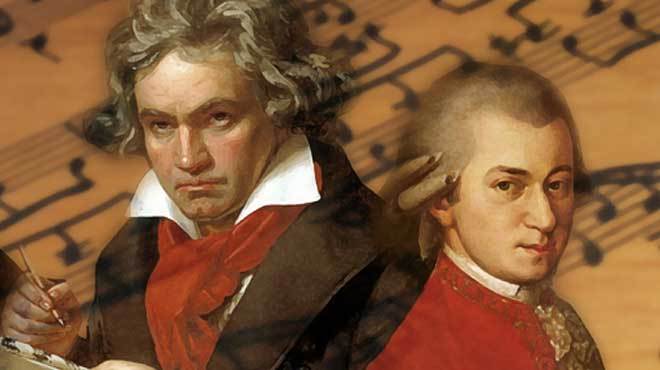Stealin' from the best
by Paul McGowan
Artist Pablo Picasso is credited with an old saying. "Good artists copy, great artists steal."
Composers routinely lift riffs and melodies from each other. In 1775, at the age of nineteen, Mozart composed the “Misericordias Domini,” a six-minute sacred work that is rarely heard today. In it, Mozart employs a melody that would one day be lifted, dusted off and become one of the most famous melodies of all time: the “Ode to Joy” theme that undergirds the long fourth movement of Beethoven's massive Ninth Symphony.
In 1958, artist Chuck Berry penned and popularized Sweet Little Sixteen, only to be copied in 1963 by the Beach Boys in their mega-hit Surfin USA. It's remarkable to compare the two entirely different genres of music—rock and roll "Race Music" to mostly white "Surfin' Music"—and hear the same tune presented so differently. Those differences wound up in hands of lawyers until the Beach Boys manager (and father), Murray Wilson, agreed to give the publishing rights to Arc Music, Berry's publisher. It wouldn't be until 1966 that Berry would actually get credit for penning the song.
There are certainly other examples too, like "Bring It On Home," by Led Zeppelin (1969) vs. "Bring It On Home," by Sonny Boy Williamson (written by Willie Dixon) (1966) or "Whole Lotta Love," by Led Zeppelin (1969) vs. "You Need Love," by Muddy Waters (also written by Willie Dixon) (1962), or the tune to "My Sweet Lord," by George Harrison (1970) vs. "He's So Fine," by the Chiffons (written by Ronnie Mack) (1962).
There are only 12 notes to work with in western music, yet some combinations of those notes are just too good to pass up.
All composers and musicians stand on the shoulders of those before them.
And some tunes are so good they are worth stealin'.
- Choosing a selection results in a full page refresh.
- Opens in a new window.








